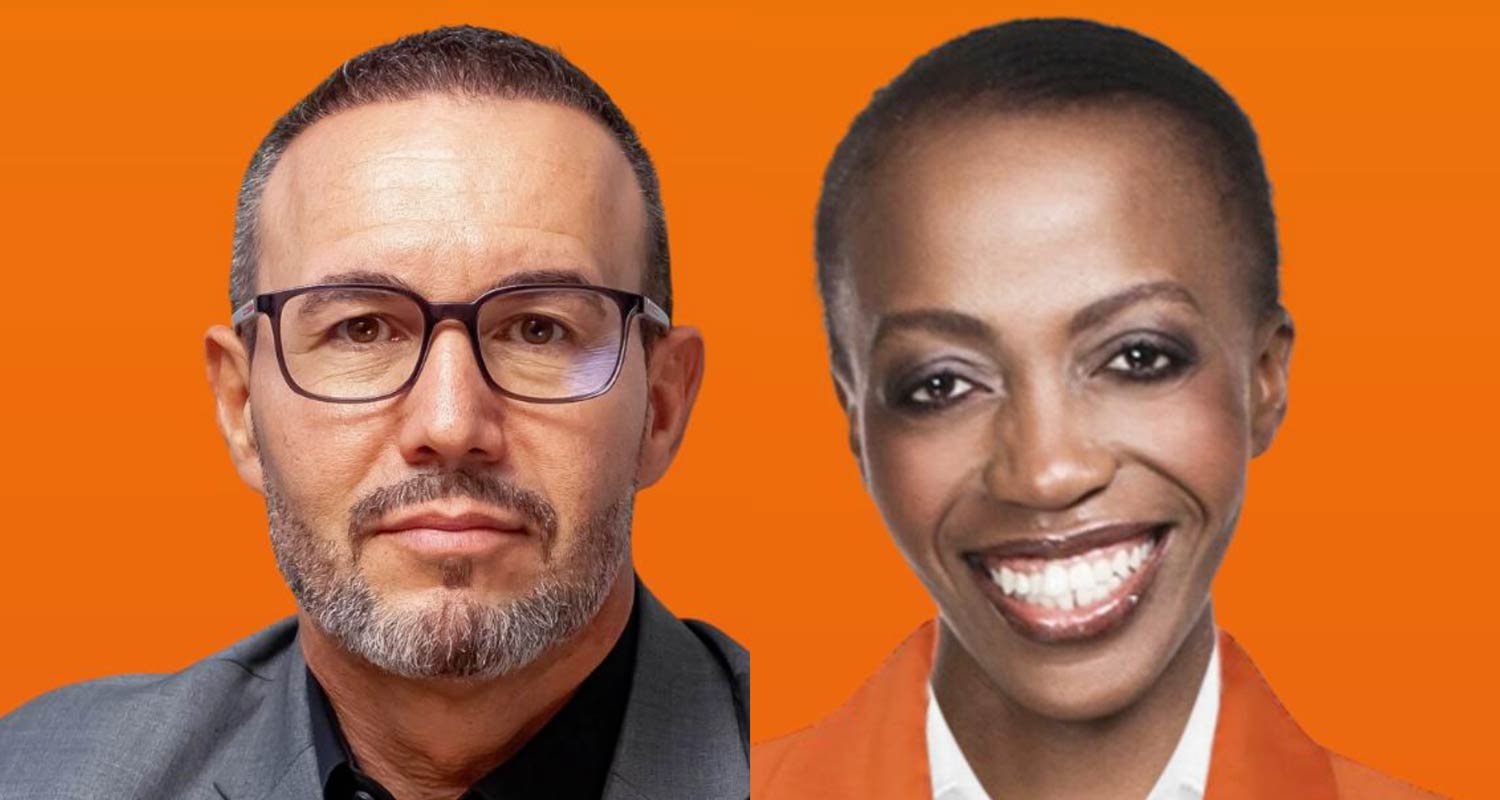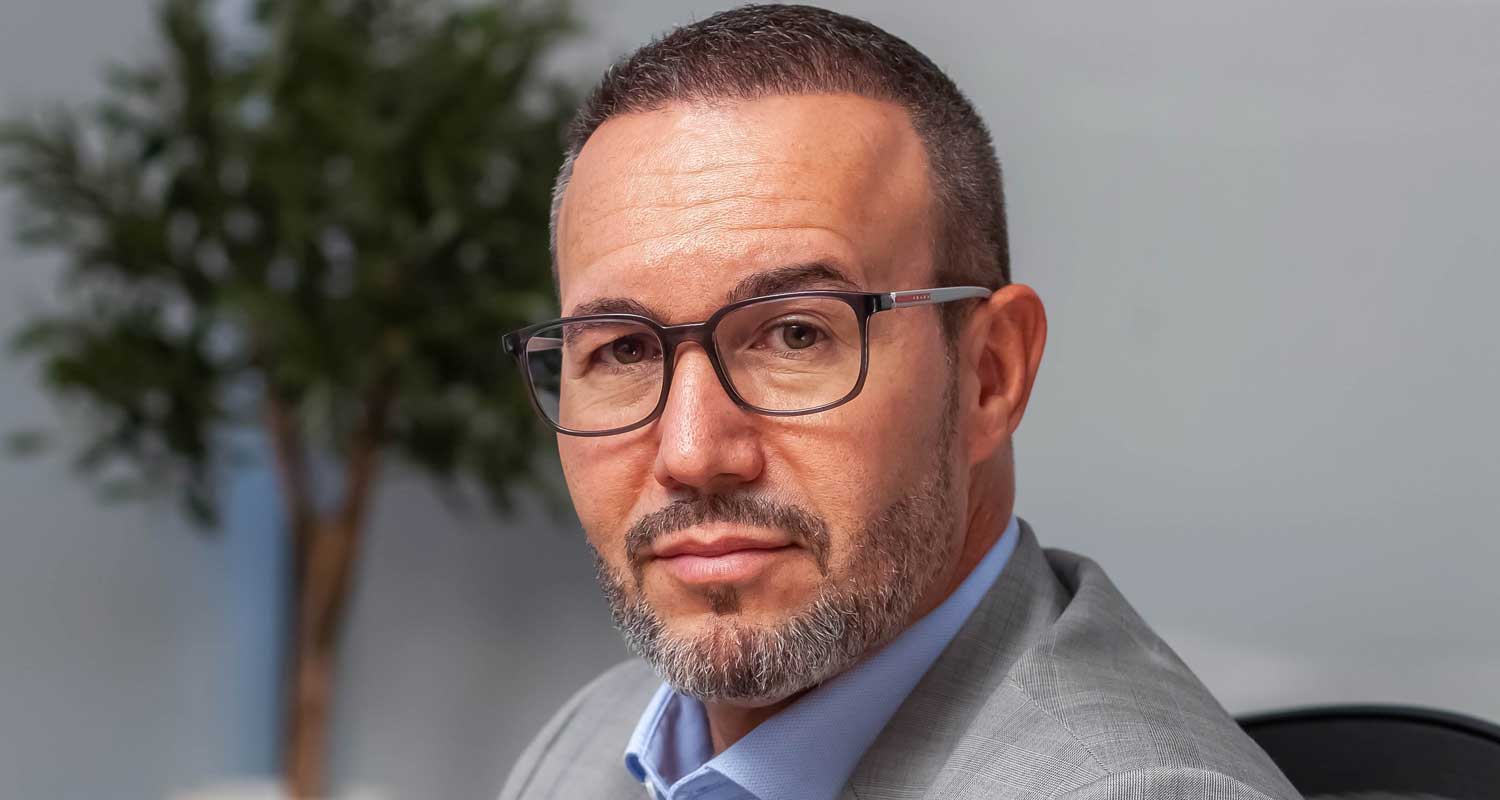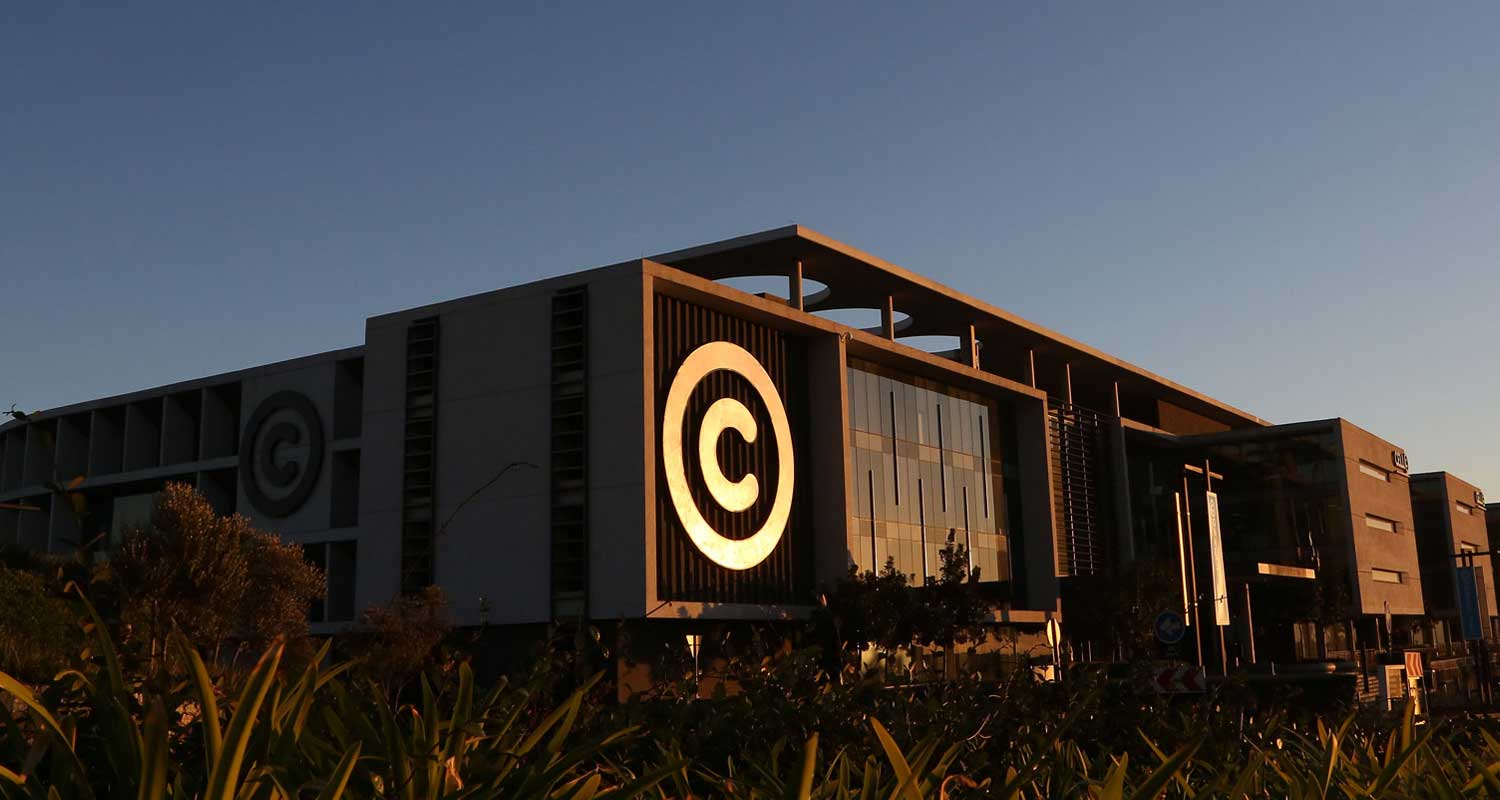
Cell C published its audited financial results for the 2021 and 2022 financial years on Monday, as well as for the first three quarters of 2023. They show a company that remains under significant pressure.
However, the management team – led by former Vodacom executive Jorge Mendes – has expressed confidence in Cell C’s chances of turning around what has been a perennially troubled telecommunications operator and putting it back on a sustainable footing for growth.
Although many questions remain about Cell C’s future prospects in a highly competitive industry and in an economy that is under severe pressure, Mendes and acting chief financial officer El Kope say they are upbeat about the company’s prospects under a newly devised strategic plan.
Read: Cell C results: CEO talks of ‘sustainable’ turnaround
TechCentral editor Duncan McLeod sat down virtually with both executives on Monday for insight into the business following its recent recapitalisation and what comes next. This is an edited transcript of that conversation.
TechCentral: Jorge, in three years from now, how should analysts and investors look back and judge your performance as Cell C CEO?
Jorge Mendes: There’s no question that in three years’ time we will be in a profitable position and cash-flow positive and in a sustainable way. The key performance indicators (KPIs) I want to focus on include improving our brand – today, we are still among the top 30 of South Africa’s strongest brands and I’d like to go closer to the number one spot. I’m not suggesting we get to one or two, but we must go in that direction significantly over the period.
I’m also looking at KPIs like Net Promoter Scores. Even Employer Net Promoter Scores are critically important because, when you’re managing through difficult economic conditions, you need a great team to navigate through these with genuine customer centricity.
The ultimate KPIs of subscribers and Arpu (average revenue per user) and revenue will be in line with the plans that we put in place. Our strategic deliverables will need to ensure we have the rigour of executing with excellence. We must have a results-orientated team. We don’t want to have a situation where there are excuses about A,B or C. We want to put our best foot forward to make sure that we add value to the lives of South Africans in every possible way. If we are genuinely customer centric, the rest will follow. We have to be relentless in making sure we deliver real customer value and customer centricity.

TechCentral: On capex, you talk often about a capex-light model. But what does Cell C’s capex look like going forward?
Mendes: We are in a transition phase. We’re looking at about R1.1-billion in terms of capex in the next fiscal, and that’s largely IT focused. We are busy with the next-generation billing system migration, and then also in terms of digital channels and making sure that we protect our environment from a cybersecurity point of view.
Capex will reduce in the subsequent years and would probably end up over a three-year period with something more normalised around the R600-million mark annually.
TechCentral: You mentioned in a media call earlier on Monday that you’re taking back the Cell C post-paid base. What do you mean by that?
Mendes: CEC (Comm Equipment Company) is a wholly owned Blue Label Telecoms entity and it’s been managing the post-paid base for Cell C. The roaming of post-paid is sitting with Vodacom, and between CEC, Vodacom entities and Cell C entities, there are activities that happen from a billing point of view, a collections point of view, a customer care point of view – that’s what I was referring to.
So, effectively CEC will be reintegrating into Cell C so that we can own everything that is associated with the Cell C brand. Whether we have company-owned stores or franchise stores, we can never abdicate that responsibility.
There have been pieces of this that are managed by different entities, with Cell C not entirely being in control of it all. We want to own all those relationships, allowing us to influence how we manage the customer experience significantly. The integration process has started and will allow us to ensure we are much more in control of how deals show up and how our customers are serviced, etc.
TechCentral: Is this a financial transaction with Blue Label? Do you have to pay Blue Label to get back control of the post-paid base?
Mendes: No. As part of the recap, there was debt owed from one entity to the other, and that’s how the transaction came about. So, effectively we’ll look at normal commercial structures, as you would with normal business partners – whether that’s in the form of ongoing revenue commissions or once-offs, etc – the customer base is always owned by Cell C. That’s not changing at all. What we’re talking about is the role CEC plays from a handset financing perspective.
 TechCentral: Cell C bought 10MHz of spectrum in the 3.5GHz band in 2022’s spectrum auction at a cost of R288-million. Talk in the industry is that Cell C hasn’t paid that money to communications regulator Icasa, and that it might not do so. Is that true?
TechCentral: Cell C bought 10MHz of spectrum in the 3.5GHz band in 2022’s spectrum auction at a cost of R288-million. Talk in the industry is that Cell C hasn’t paid that money to communications regulator Icasa, and that it might not do so. Is that true?
Mendes: Not at all. We want the spectrum and we’re going to use the spectrum. We have entered a payment arrangement request with Icasa, and we’re busy finalising that. We have had a number of engagements, but the intention is to fully own that spectrum and utilise it going forward.
TechCentral: What’s the status with Icasa? Have you reached agreement on repayment terms?
Mendes: That’s not firmed up. The engagements have been positive, but we have not signed off yet. We believe it will end up with a positive outcome, but to be quite frank, it’s not concluded yet. Just to be clear, though, if the payment arrangement is not accepted, then we will make other arrangements. So, we will not be giving back spectrum. We will not be not paying for spectrum; we’re just trying to make sure that given our current financials that we’re looking at the best possible option and we’re just being prudent around that. We have significant plans going forward on how to best utilise that spectrum.
TechCentral: What is your alternative if Icasa won’t entertain a payment arrangement?
Mendes: The alternative is we pay in full.
TechCentral: What are you going to use that spectrum for?
Mendes: We want to use it for our own home environment. Part of our strategy is to own the home and to own the family, and we’re going to need, from a home data perspective, a number of spectrum bands so we can do “pooling” [of spectrum] within that environment. We have a number of routers that will be able to take full advantage of that spectrum.
So, we have a product called Home Connecta Flexi, and we really want to expand on that. We also want to go into fixed-wireless access quite significantly.
TechCentral: Does that include the launch of 5G-based fixed-wireless access services?
Mendes: We certainly will go into 5G next year sometime; that is the intention. We are late from a 5G perspective, but we do intend to show up differently. You’ll have to watch this space in how we show up with 5G, but I think it’s going to be quite interesting.
TechCentral: Let’s talk about Cell C’s balance sheet. Even post the recap, the balance sheet is very stretched. Current liabilities at the end of the 2022 financial year were still just shy of R11-billion. That seems very high for a business of Cell C’s size? How manageable is the debt, and will there need to be a further recap at some point?
El Kope: It’s manageable, yes, but remember that the recap was not a ‘it happens once’ event. The recap was a programme that started in September 2022 and that runs for almost 66 months. So, there are other items that come into play over time. The construct had always been that we would over time be reducing that liability. So, it is manageable and is still within where it had initially been anticipated to be.
Are we stressed and is liquidity a concern? Yes, that would always be a concern, especially at the beginning of the programme and we’re only a year into this. So, we are looking at different elements of what to do with liquidity. But would there be another recap or not? I’m tempted to say that’s more a shareholder question, but would we be looking to make sure that we meet the objectives within the initial recapitalisation? Yes, and that’s what we’re priming ourselves to do.
 TechCentral: I assumed the recap money was all coming in at once, but based on what you’ve said here, the money is actually going to flow over a period of 66 months?
TechCentral: I assumed the recap money was all coming in at once, but based on what you’ve said here, the money is actually going to flow over a period of 66 months?
Kope: For the first 24 months, there is some assistance. From then on, the payment on the debt is deferred. So, we’re still within the initial 24 months of when we actually are still receiving some of the initial inflows, so no, it doesn’t happen all at once.
TechCentral: How much of the recap money is still to flow?
Kope: That I cannot disclose as it would breach confidentiality, but there is still quite a substantial amount to come.
TechCentral: Does that mean that the debt on your balance sheet at the end of 2022 is going to change significantly going forward?
Kope: December 2023 (Cell C’s financial year-end) won’t necessarily show a significant change, but by the time you get into 2024, you’ll start seeing this movement.
TechCentral: So, what you are saying is that Cell C’s balance sheet is going to look a lot less stretched from next year?
Kope: As you continue, it will get less and less stretched, yes.
TechCentral: What do you want this balance sheet to look like in, say, three years’ time?
Kope: The biggest item that we’re focusing on is getting ourselves to positive equity, but I’m not going to say that’s a three-year view… You will then also get your current liabilities and your working capital ratios back in line. It is a longer play. It did not take the business three years to get here, so it will not take the business three years to get out of this. And hence the recap was never a short-term plan.
TechCentral: Jorge, do you have a valuation for your spectrum assets, and could you use those assets to shore up your balance sheet further?
Mendes: It’s a difficult one to quantify, but I absolutely believe that if you look at what we intend doing going forward, the valuation improves significantly, no question about that. We’re busy with some of those things as we speak, and we’ll be able to disclose a little bit more going forward. But I have no doubt the value of the spectrum will increase significantly.
Mendes: But no plans to sell any spectrum?
No, no, we’re not selling. – © 2023 NewsCentral Media




